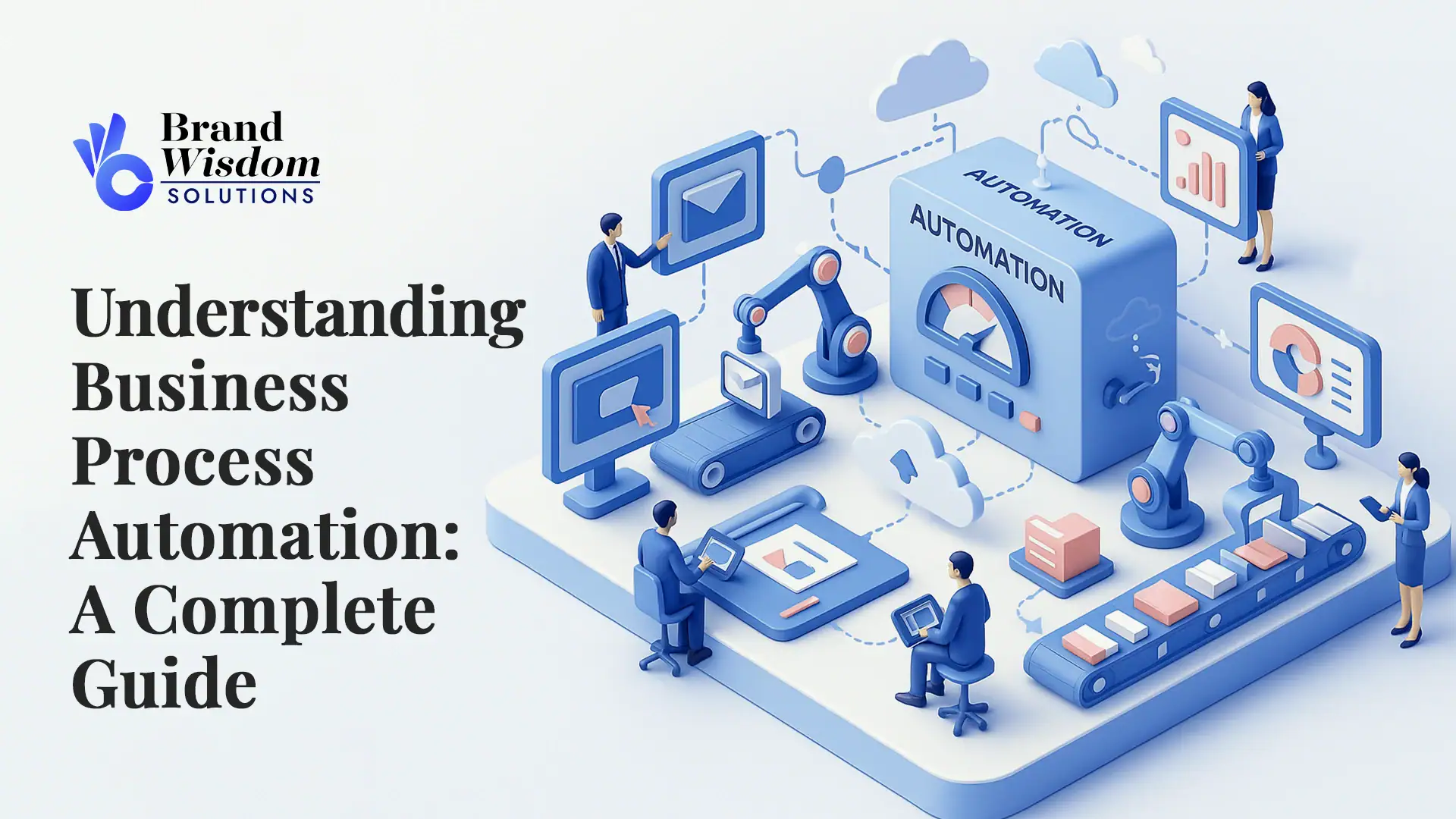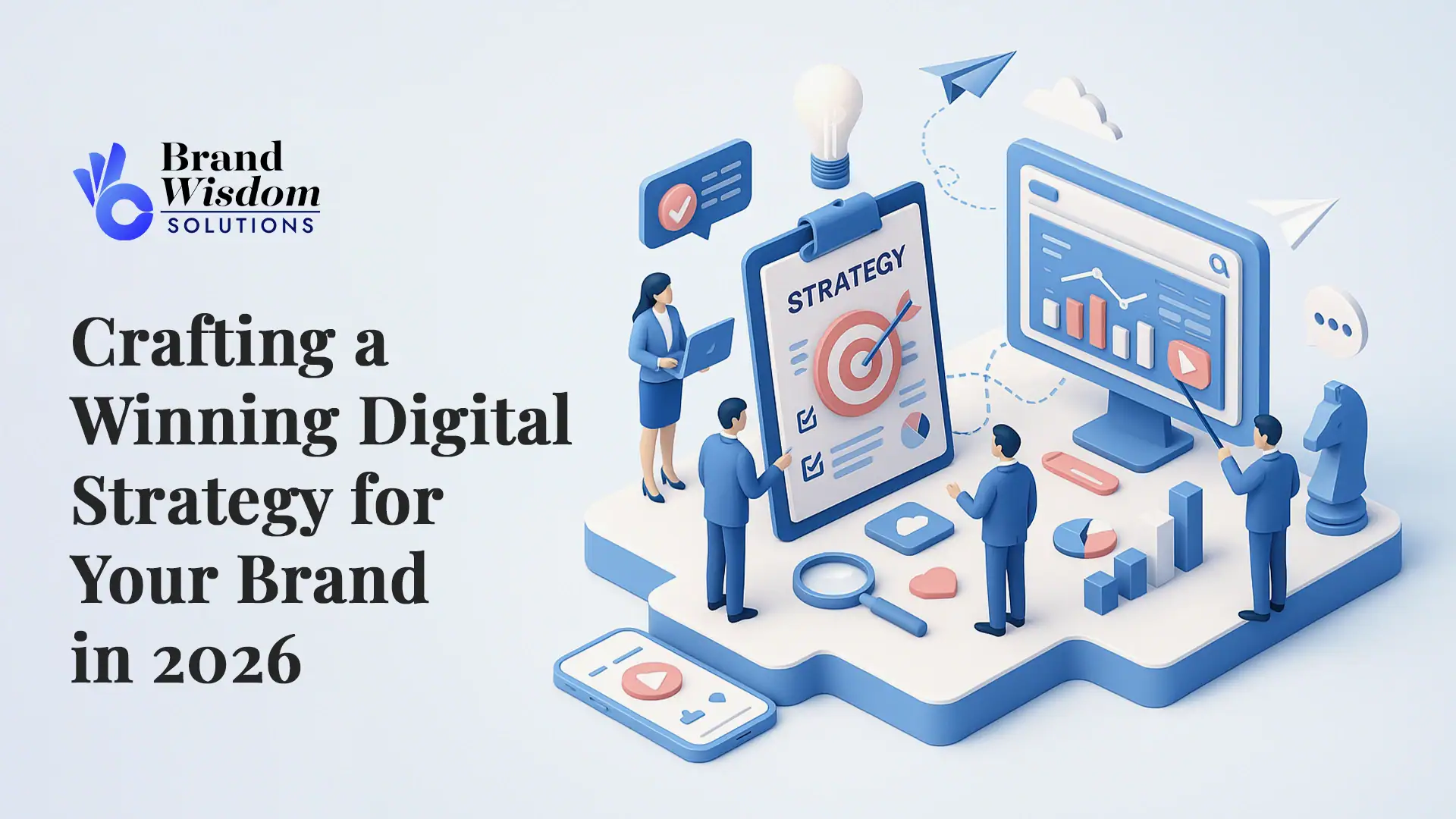Essentially, marketing management opens up a very dynamic space that forms the foundation of organizational success. These three aspects coincide with consumer behavior understanding, strategic planning, and effective communication within the function. Follow through this blog to understand how marketing management essentially deals with market research, product development, branding, and distribution. Understand the role of CRM tools, digital marketing strategies, and the role of social media in the modern marketing landscape. Keep reading to learn how marketing management creatively merges data-driven decision-making for business growth and brand recognition.
How Marketing Management Evolved

Traditional Tools and Techniques
The rich history of marketing management can be traced back to the early twentieth century when businesses used to concentrate on successful marketing management. In these times, the marketing managers mainly used to depend on some traditional tools and techniques for the promotion of a particular product or service. These include print advertisements, radio commercials, and direct mail campaigns.
Attention, in the past, was one of the cardinal factors for good marketing management through the understanding of consumer behavior using market research. Companies would invest heavily in surveys, focus groups, and demographic studies to understand how best to tailor their marketing strategies. This is what formed the bases for effective marketing management by ensuring that promotional activities are relevant and have a bearing on the target.
It is in the mid-20th century that the term ‘detailed way marketing management’ emerged to underline a more systematic and strategic orientation toward the discipline. The process of marketing management thus got formalized, where a company would chart out structured plans to reach its target audience and achieve business objectives. From here onward started the trend of shifting toward a more specialized and professionalized discipline of marketing management with the rise of dedicated marketing departments.
Role of Technology in Modern Marketing
The invention of digital technology towards the end of the 20th century completely revolutionized how marketing management used to be undertaken. Companies began incorporating digital tools and platforms into their functions, thereby changing the way businesses used to engage with consumers and moving them further away from traditional approaches towards digital marketing techniques.
The boom in social media through Facebook, Instagram, and Twitter provided a very fine platform for international marketing management in the form of reaching the global audience with much ease. Digital analytics tools gave real-time data insights to marketing managers, enabling them to measure campaigns and adjust strategies on the go.
Digital era, today, is fast. In this digital era, marketing processes are more dynamic and interactive. It includes email marketing, search engine optimization, content marketing, and influencer partnerships—all geared at engaging consumers through various touchpoints. This definitely has shifted the role of a focused marketing manager from simple advertising to customer relationship management and brand building with an added dimension of analysis of the generated data.
Core Technologies in Modern Marketing Management

AI and ML
Artificial intelligence and machine learning have changed the face of modern marketing management, having dramatic effects on predictive analytics, customer segmentation, and personalized marketing. These technologies present the marketer with the ability to analyze large amounts of data in predicting future trends, segmenting customers based on their behavior, and delivering personalized content.
| Aspect | Impact |
|---|---|
| Predictive analytics | Ability to analyze large amounts of data to predict future trends |
| Customer segmentation | Segmenting customers based on their behavior |
| Personalized marketing | Delivering personalized content tailored to specific customer segments |
Technological Advancements in CRM
CRM systems are tech-enabled in areas that enhance the management of customer data and interaction. Advanced features in modern CRMs are being adopted to drive automating, machine learning, and integration between tools for making a process seamless and creating a frictionless experience for customers.
Using AI technology integrated into CRM systems, a company can obtain important information from clients including preferences and behaviors through interactions. Such companies are, therefore, able to create high-level personalization strategies on communications to clients, hence improving customer satisfaction and loyalty. It would show an AI-powered chatbot inside the CRM, which shall be live to help the customer, enhancing his experience on the platform.
Marketing Functions Platforms
There are several platforms that make performance for the marketing management functions possible. These range from SEO, social media management, and content distribution, all of which aid in attaining their desired target audiences and bringing about engagement. This forms a huge resource bank of tools that help marketers fine-tune their strategy towards realizing expected results.
For instance, SEO platforms provide information on keyword performance, how to perform backlink analyses, and how to optimize websites. Social media management tools enable post scheduling, engagement metrics tracking, as well as audience demographic analysis. Content distribution platforms make sure that there is increased audience reach due to targeted promotion of content over multiple channels.
Ways of Integrating Technology in the Management of Marketing

Role of Data in Influencing Marketing Strategies
Data is an intrinsic element in the making of marketing strategies and decisions. Businesses can use data analytics to gain numerous valuable insights concerning consumer behavior, preferences, and trends. After getting these insights, marketers design their strategies in such a way that they could better address the needs of their target audience. Businesses may use data-driven marketing strategies to optimize campaigns for better engagement and conversion rates.
A productive marketing management strategy involves a detailed understanding of customer data. Tools such as marketing strategy templates make organizing and analyzing the data more efficient. In that regard, companies can develop an effective marketing strategy through the identification of patterns and trends in customer data to develop campaigns that best appeal to the target market. Data-driven decision-making makes marketing aligned to the objectives and goals of the business.
Automation Tools to Streamline Campaign Management
The automation tools of today have changed the way companies handle their marketing campaigns. They automate the processes related to lead generation, email marketing, and customer communication. The automation of such tiring task allows the marketers to work on a marketing plan and strategy that is effective. It aids in campaign performance monitoring and real-time result analysis.
Improved Customer Experience Because of PERSONALISED MARKETING
Technology has enabled businesses to devise personalized marketing messages for each of their customers. If a company is aware of customer data, with the aid of analytics tools, it will engage the audience by speaking to them with campaigns. The nature of personalized marketing creates stronger bonds with customers, hence improving the rate of loyalty and retention.
Automation tools within marketing programs help a business deliver the right content at the right time to its customers. This is because automated workflows are able to send personalized messages on many customer interactions, hence making them smooth and engaging. Businesses that offer responsive service with very relevant recommendations improve the overall customer journey.
Challenges and Problems

Data Privacy
Data privacy is one of the most sensitive aspects of marketing management; regulations have been so strict, such as the GDRP. Companies have no choice but to comply.
Data Privacy regulations and the ways/means of ensuring compliance are challenging in a manner that developing marketing strategies that will be compliance reporting would, at the same time, help to achieve the company’s business objectives. One mistake will create significant fines and reputations at stake.
Technology Implementation
The biggest challenge is how intricate the integration needs to be achieved. The company needs to have everything integrated properly with various tools and platforms.
Companies need to strategically plan their resources to invest in relevant technologies that support the business’s mission. Poor integration leads to duplicates.
Continuous Learning and Adopting
Continuous learning and adopting is essential in marketing management as the trends and the way consumer behaves are changing at a very fast rate.
Marketers need to keep themselves updated with knowledge of the strategies and the tools to use to pin-point the business objective accurately. Changes in the surrounding need to be accepted, which is the only way to be competitive always.
Case studies

Technology adaptation
Business A had very effectively adopted technology within marketing management by automating campaigns and activities. Data made in the analytics personal based on the customers involved the processes; hence the process of engagement and conversions increased.
Impact Analysis
- Personalized communication with customers boosted retention rates by 30 percent.
- The availability of real-time tracking of data allowed the business to adjust low-performing campaigns in real-time.
- Enhanced relationships within the marketing team brought about organic innovation and creativity.
In another example, Business C used AI algorithms in their marketing campaigns to have better target reach and ROI. By scrutinizing customer liking by AI, they enjoyed a 20% increase in their conversion rate and better brand visibility at every possible platform.
Benefits Demonstrated
Brought through by the integration of technology, this marks the point where marketing management has changed in today’s modern era regarding the following cases. This will be a tool by which business innovativeness and the adoption of such tools and other platforms will be in a position to drive engagement of market dynamics, the target audience, and thereby spur growth in a sustainable way.
Conclusion
The passage of evolution, core technologies, strategies, challenges, and journey through case studies in marketing management has created enlightenment in the business landscape of contemporary times. Technological advances have to be imbibed with an understanding of the subtleties of consumer behavior if marketers are to succeed in this environment. The case presented would be taken as proof of how innovation in approach brings fantastic results, and accordingly stresses the continued necessity of adaptability and creativity in contemporary marketing strategies.
As the digital realm keeps growing, staying informed with the latest technologies and consumer trends will be key for marketing professionals. Using data-driven insights and fostering a culture of innovation, the organizations can carve out a competitive advantage in today’s continuously changing market. Learning and strategizing continuously
Ready to propel your marketing into the future? Brand Wisdom Solutions invites you to harness the power of advanced technology in your marketing management. Start now by integrating the latest tools and strategies to enhance efficiency, personalize customer experiences, and drive your business success. Explore our offerings and take the first step towards transforming your marketing approach with Brand Wisdom Solutions. Dive in today!
Frequently Asked Questions
What is Marketing Management?
Marketing management refers to the process of planning, organizing, implementing, and controlling marketing activities to achieve organizational goals. It involves analyzing market trends, consumer behavior, and competition to develop effective strategies for promoting products or services.
How has Marketing Management evolved over time?
Marketing management has evolved from traditional methods to incorporate digital technologies and data-driven approaches. This evolution has led to a more customer-centric focus, personalized marketing strategies, and the use of analytics tools for better decision-making in reaching target audiences.
What are the core technologies used in Modern Marketing Management?
Core technologies in modern marketing management include Customer Relationship Management (CRM) systems, marketing automation platforms, data analytics tools, social media management software, and artificial intelligence applications. These technologies help streamline marketing processes, enhance customer engagement, and improve campaign performance.
How can technology be integrated into Marketing Management strategies?
Technology can be integrated into marketing management strategies by leveraging data insights to personalize marketing campaigns, automating repetitive tasks through marketing tools, utilizing social media platforms for targeted advertising, implementing CRM systems for customer relationship building, and adopting AI for predictive analytics and trend forecasting.
What are some common Challenges and Considerations in Marketing Management?
Challenges in marketing management include staying updated with rapidly changing technology trends, managing big data effectively, ensuring data privacy and security compliance, dealing with increasing competition, adapting to shifting consumer behaviors, and measuring the ROI of marketing initiatives accurately. Considerations involve aligning marketing strategies with overall business objectives and maintaining brand consistency across channels.





